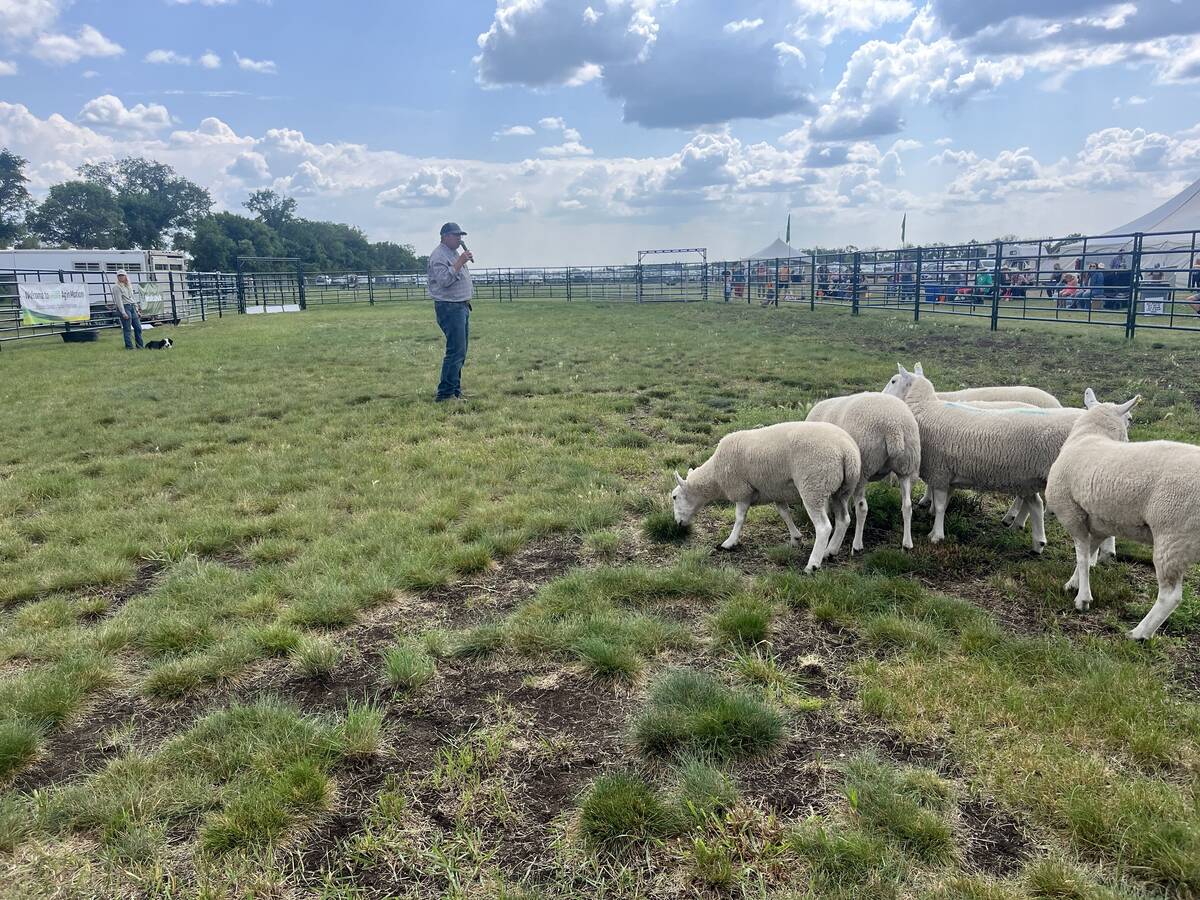A reader asked, “how does someone know when you feel fulfilled as a person?” She sent a lengthy letter along with the question, and in it she was able to talk about the different relationships she has lived through in her life.
It was a remarkably touching story, with an all too familiar theme. Hers has been a life of pacifying and pleasing others. She has had too little time to look after her own needs.
Don’t get me wrong. I have always admired the altruistic person. Not much is more
Read Also

Stock dogs show off herding skills at Ag in Motion
Stock dogs draw a crowd at Ag in Motion. Border collies and other herding breeds are well known for the work they do on the farm.
rewarding than knowing you have contributed to the well being of someone else. The point is that sometimes that charitable part of ourselves has to be balanced with time spent looking after our own needs.
This is foreign territory for some people. They were taught, from early childhood, to be submissive to the demands of other people, most likely their parents. Some, as children, were simply ignored when they asked for something that they wanted. They learned not to ask for anything. Others were either physically or verbally abused when they put forward a request. They were scared away.
Children do not like to be disappointed. To avoid the disappointment if it happens too much, they learn not to ask for things, and also fail to know what they want in the first place.
The logic is simple. If they do not know what they want, they cannot be disappointed when they do not get it. They focus more on the feelings and wants of other people than they do on their own feelings. They work hard trying to help others avoid those same disappointments that might have caused so much grief for themselves.
These patterns of denial continue into adult life, and we see them identified in people by a number of different labels: pleasers, co-dependents, victims and subservients.
All of this is learned behaviour. That is the good news. These are patterns of behaviour that can be changed.
If, as our reader is, you find life unfulfilling, you need to spend more time trying to understand what you are feeling at any given time, to understand what you want. You need to go beyond the transitory satisfaction you feel when you have pleased another person, and begin to experience your own feelings, your own needs, not those other people say you should have.
This is not an easy task. You will likely fail, just as you failed the first time you tried to ride a bicycle. But gradually you learn to appreciate your own needs.
You must also learn to express those same needs out loud, so that others can know and consider them. This, too, will awaken an awkward moment in your life, but it just takes practice to learn to effectively assert them.
Jacklin Andrews is a family counsellor, living and working in west-central Saskatchewan who has taught social work for two universities. Mail correspondence in care of Western Producer, Box 2500, Saskatoon, Sask., S7K 2C4 or e-mail jandrews@producer.com
















